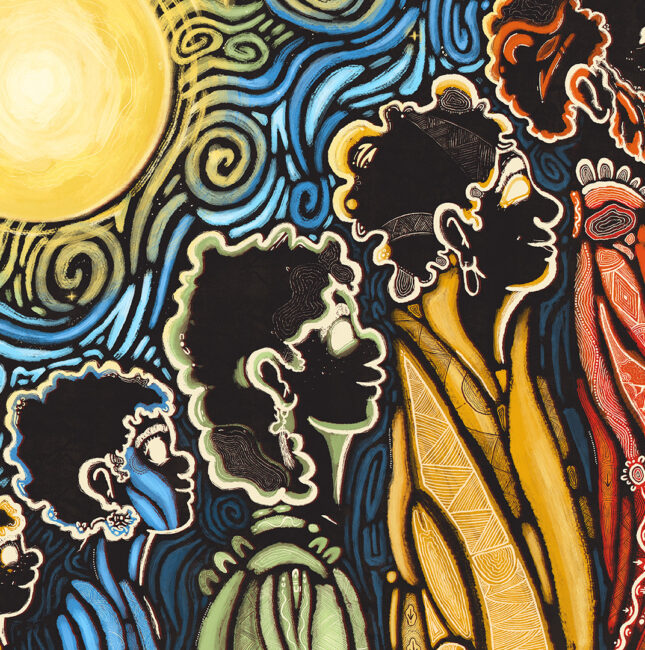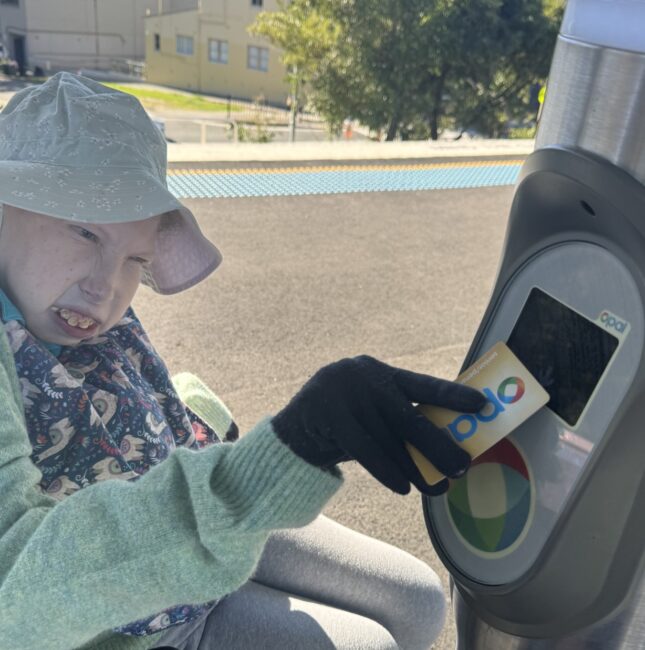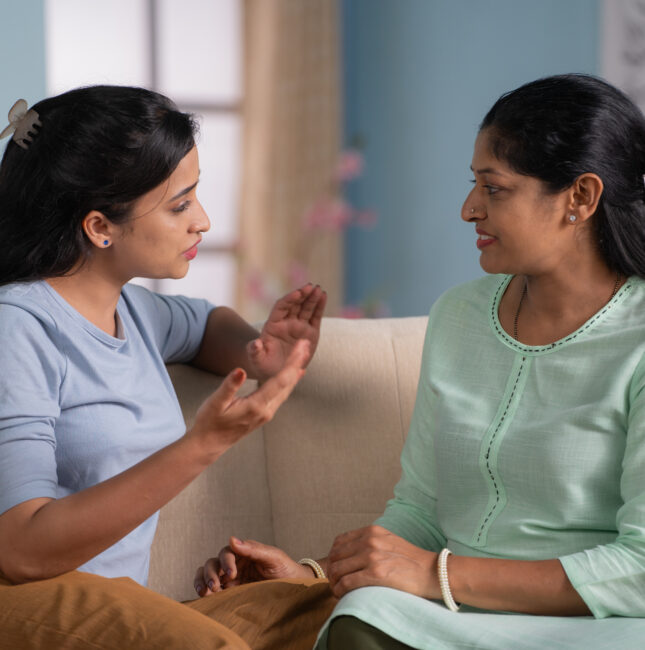Making the world better and fairer for those living with disability #IDPWD23
December 1, 2023
1 in 6 Australians are living with a disability – that’s 4.4 million people. Disability can be related to genetic disorders, illnesses, accidents, ageing, injuries or a combination of these factors. In recent years there has been an increase in the number of people for whom their main form of disability is mental or behavioural.
Each year, the United Nations recognises global citizens living with disability as part of the International Day of People with Disability. On 3 December 2023, this year the annual celebration will focus on the theme ‘United in action to rescue and achieve the Sustainable Development Goals for, with and by persons with disabilities.’ This year, International Day of People with Disability asks everyone to work together to make the world better and fairer for people with disability.
As more and more people live with a disability that is mental or behavioural, their needs can often be overlooked. Innovative solutions need to address a wide spectrum of disabilities and not just those that are visible to the eye.
What is an ‘invisible’ disability?
Disability is a term describing an ongoing mental or physical challenge. Not all disabilities are easily discernible. Known as hidden disabilities or non-visible disabilities, an ‘invisible’ disability is not immediately apparent by looking at a person. Typically, they are chronic illnesses and conditions that significantly impact daily living activities. Amongst the most common invisible disabilities are mental illness, chronic pain and fatigue, hearing and sight impairments, brain injuries, cognitive dysfunctions, and neurological disorders.
Persons living with an invisible disability can quickly tire of others assessing their ability or inability to perform certain tasks based on their physical appearance alone. So, it is important to remember to listen with your ears instead of judging with your eyes to foster a better understanding of hidden disability.
Disability by numbers
The Australian Institute of Health and Welfare provides the following facts and figures:
- For 23% of people with a disability, their main form of disability is mental or behavioural
- 53% of people (15-64) with disability are participating in the labour force
- 1 in 10 people with a disability (15+) experienced disability discrimination in the past year
- 68% of people (15-64) with a disability have 1 or more employment restrictions
CatholicCare on the frontline
Through dedicated disability hubs, community and home-based locations across Northern Sydney and the Central Coast, CatholicCare provides a comprehensive range of individual and group programs for those living with disability.
We support people to develop the skills and capabilities they need to gain independence and participate in society. We enable opportunities for choice, inclusion and achievement at home and in the community.
Our qualified and dedicated staff pride themselves on developing strong relationships with those in our care, as well as their families and carers. We want a world where people living with a disability are valued equally, listened to and included.
The theme for this year’s International Day of People with Disabilities aligns with CatholicCare’s mission to seek out innovative solutions to improve the lives of our clients and to remove barriers to their full participation in society.
For more information please contact us:
P: (02) 9488 2500
E: disabilityfutures@catholiccaredbb.org.au
More news stories like this one
NAIDOC Week 2025 – The Next Generation
CatholicCare is proud to celebrate NAIDOC Week y amplifying the voices, stories, and aspirations of Aboriginal & Torres Strait Islander people. This year’s celebrations are all about empowering the next generation of leaders - our young people who carry culture forward with pride, resilience and hope.
Read MoreTrain adventures give participants choice & control
When participants and their parents have their voices heard, wonderful things can happen. The words ‘choice and control’ are bandied about a lot in the disability space, but this story shows how crucial they are to a person’s wellbeing and happiness.
Read MoreDavika emerges from a web of violence
As they grew up, the two friends went their separate ways. Davika had settled into life as a single mum in India, and Priyanka had moved to Australia to marry an Australian man. Life, as Davika knew it, changed forever when Priyanka returned to India for a holiday with her husband and her husband’s Australian brother, Steve.
Read More


